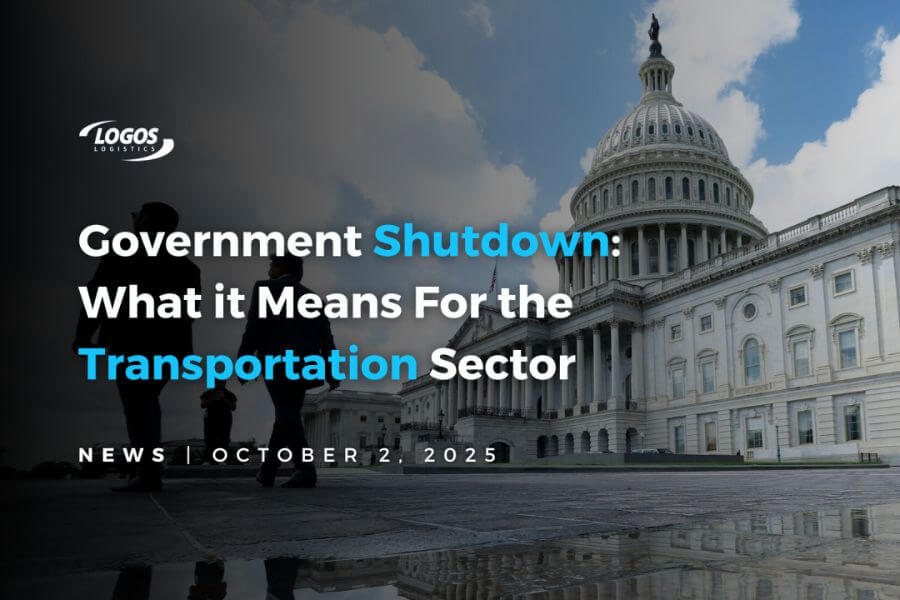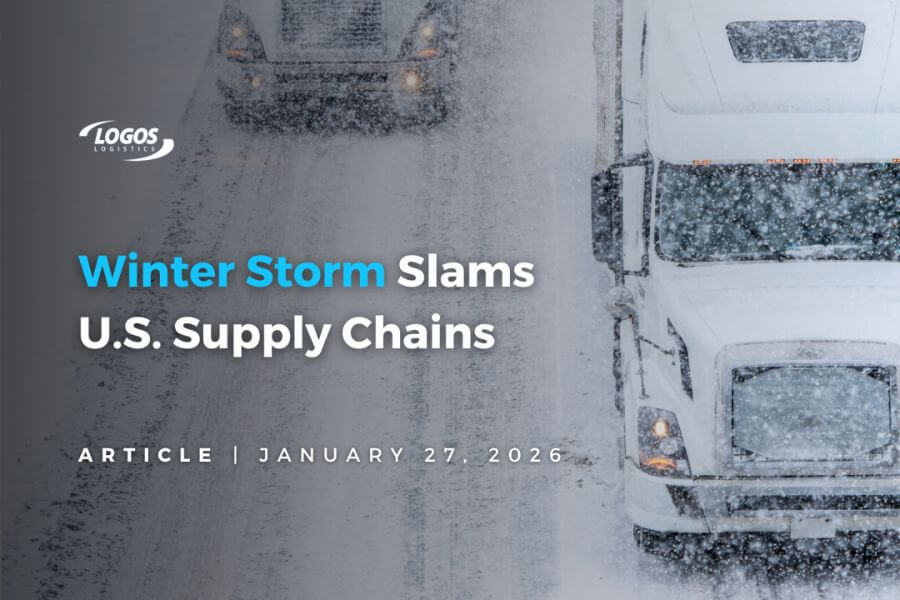The Department of Transportation (DOT) has outlined in its shutdown plan that trucking operations will largely continue even as much of Washington slows to a halt.
Most highway and trucking programs are unaffected because they are financed through the Highway Trust Fund and the Infrastructure Investment and Jobs Act (IIJA), rather than through annual appropriations. Federal law also requires agencies to sustain functions tied to protecting life and property.
FMCSA Operations: At the Federal Motor Carrier Safety Administration (FMCSA), which regulates the trucking industry, all 1,084 employees will remain on duty. Twenty-one employees are designated as nonworking under the Deferred Resignation Program.
According to DOT, FMCSA positions are primarily funded through contract authority backed by the Highway Trust Fund. The agency also collects revenue from its Licensing and Insurance function and the Drug and Alcohol Clearinghouse, which helps maintain staffing. DOT confirmed the agency has sufficient cash reserves to continue operations during a short-term lapse in appropriations.
FMCSA’s obligation limitations will continue under IIJA provisions. Once Congress passes either an appropriations bill or a continuing resolution, DOT will adjust funding levels accordingly.
Federal Highway Administration: The Federal Highway Administration (FHWA) will also remain fully operational, with all 2,268 employees working and no furloughs expected. DOT reported the agency has adequate liquidating cash to reimburse states for road projects for several months.
Hazardous Materials Oversight: The Pipeline and Hazardous Materials Safety Administration (PHMSA) will see staff reductions, with 190 of its 579 employees furloughed. However, 63 workers will be retained to safeguard life and property. Inspectors and investigators will continue monitoring shippers and carriers, investigating accidents, and enforcing safety rules to address imminent hazards.
PHMSA will only issue emergency permits and approvals, while Emergency Preparedness Grant payments and critical financial functions will continue. Safety-related IT and cybersecurity systems will also remain active. Nonessential activities, including hazmat training, rulemaking, and research, will pause until funding is restored.
Vehicle Safety Oversight: The National Highway Traffic Safety Administration (NHTSA), responsible for vehicle safety standards, will remain unaffected. All 574 employees stay on duty, with 13 in nonworking status under the Deferred Resignation Program.
NHTSA’s operations will draw from prior appropriations, the Highway Trust Fund, and IIJA funding. Payroll will shift to alternate sources such as carryover and supplemental funds if necessary. DOT does not anticipate disruptions to NHTSA’s work.
Maritime Administration: The Maritime Administration (MARAD) will keep most operations running, with 590 of its 790 employees remaining on the job. Carryover balances will sustain the Ready Reserve Fleet and Maritime Security Program, ensuring vessel availability for national defense.
Other DOT Agencies Face Strain: While trucking and highway operations continue largely as normal, other DOT divisions face more serious impacts.
- The Federal Aviation Administration (FAA) projects over 11,000 furloughs, though air traffic controllers and inspectors will remain on duty, working without pay if necessary.
- The Federal Railroad Administration (FRA) will sustain accident investigations and inspections but suspend most regulatory and research work.
- Transit programs supported by multiyear appropriations will continue uninterrupted.











